
Understanding substantial modifications of worldviews:
BIOS, bios, life.
1 periods | 2 roots of change | 3 selection | 4 argument | 5 environment | 6 humanity | 7 genes | 8 quantum
What is life's origin?
What is the earliest use of the word biologie?
Mayr | Thomas | Wilson | Hardin | Darwin | Margulis | Colinvaux | Gell-Mann | Steingraber | Tattersall | Carr | Keller | Watson
|
||
1. "Historical periods are dominated by distinct sets of ideas, widespread practices, and prevailing behaviors, which taken together form a well recognized and identifiable Zeitgeist."
The mistakes about Darwin's ideas.
The anomalies that eroded confidence in a one-time creation of all life.
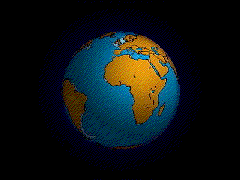 |
|
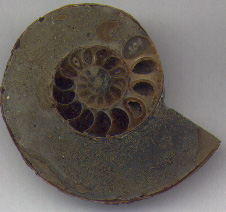 |
The origins of humans. |
To hold eternity in your two hands. |
Ammonite, Devonian fossil. |
2. Thomas Henry Huxley wrote in 1876 and suggested the following sequence of the origins of the term biology, from Lamarck's French word biologie meaning all of the discourses on life an living things.
Time went on, and yet other branches of science developed themselves. Chemistry took a definite shape; and since all these sciences, such as astronomy, natural philosophy, and chemistry, were susceptible either of mathematical treatment or of experimental treatment, or of both, a broad distinction was drawn between the experimental branches of what had previously been called natural history and the observational branchesthose in which experiment was (or appeared to be) of doubtful use, and where, at that time, mathematical methods were inapplicable. Under these circumstances the old name of "Natural History" stuck by the residuum, by [266] those phenomena which were not, at that time, susceptible of mathematical or experimental treatment; that is to say, those phenomena of nature which come now under the general heads of physical geography, geology, mineralogy, the history of plants, and the history of animals. It was in this sense that the term was understood by the great writers of the middle of the last centuryBuffon and Linnĉusby Buffon in his great work, the "Histoire Naturelle Générale," and by Linnĉus in his splendid achievement, the "Systema Naturĉ." The subjects they deal with are spoken of as "Natural History," and they called themselves and were called "Naturalists." But you will observe that this was not the original meaning of these terms; but that they had, by this time, acquired a signification widely different from that which they possessed primitively.
The sense in which "Natural History" was used at the time I am now speaking of has, to a certain extent, endured to the present day. There are now in existence in some of our northern universities, chairs of "Civil and Natural History," in which "Natural History" is used to indicate exactly what Hobbes and Bacon meant by that term. The unhappy incumbent of the chair of Natural History is, or was, supposed to cover the whole ground of geology, mineralogy, and zoology, perhaps even botany, in his lectures.
In fact, I may say there were three men to whom this idea occurred contemporaneously, although there were but two who carried it into effect, and only one [268] who worked it out completely. The persons to whom I refer were the eminent physiologist Bichat, and the great naturalist Lamarck, in France; and a distinguished German, Treviranus. Bichat 1 assumed the existence of a special group of "physiological" sciences. Lamarck, in a work published in 1801,2 for the first time made use of the name "Biologie," from the two Greek words which signify a discourse upon life and living things. About the same time, it occurred to Treviranus, that all those sciences which deal with living matter are essentially and fundamentally one, and ought to be treated as a whole; and, in the year 1802, he published the first volume of what he also called "Biologie." Treviranus's great merit lies in this, that he worked out his idea, and wrote the very remarkable book to which I refer. It consists of six volumes, and occupied its author for twenty yearsfrom 1802 to 1822.
That is the origin of the term "Biology"; and that is how it has come about that all clear thinkers and lovers of consistent nomenclature have substituted for the old confusing name of "Natural History," which has conveyed so many meanings, the term "Biology" which denotes the whole of the sciences which deal with living [269] things, whether they be animals or whether they be plants. Some little time agoin the course of this year, I thinkI was favoured by a learned classic, Dr. Field of Norwich, with a disquisition in which he endeavoured to prove that, from a philological point of view, neither Treviranus nor Lamarck had any right to coin this new word "Biology" for their purpose; that, in fact, the Greek word "Bios" had relation only to human life and human affairs, and that a different word was employed by the Greeks when they wished to speak of the life of animals and plants. So Dr. Field tells us we are all wrong in using the term biology, and that we ought to employ another; only he is not sure about the propriety of that which he proposes as a substitute. It is a somewhat hard one"zootocology." I am sorry we are wrong, because we are likely to continue so. 3
"On the Study of Biology" (1876)
Collected Essays III;
1 See the distinction between the "sciences physiques" and the "sciences physiologiques" in the Anatomie Générale, 1801.
2 Hydrogéologié, an. x. (1801).
3 "The term Biology, which means exactly what we wish to express, the Science of Life, has often been used, and has of late become not uncommon, among good writers."–Whewell. Philosophy of the Inductive Science, vol. i, p.544 (edition of 1847).
3. Roots of intellectual change
Charles Robert Darwin (1809-1882), Victorian naturalist. Thomas Henry Huxley was Darwin's great advocate.
On the Origin of Species (1859)
Some early evolutionary speculations (1830s)
1 periods | 2 roots of change | 3 selection | 4 argument | 5 environment | 6 humanity | 7 genes | 8 quantum
3.1 The Significance of the Darwinian Revolution

Charles Robert Darwin's signature.

The voyage of the Beagle exposed Darwin for three years to life's anomalies of South America and the world.
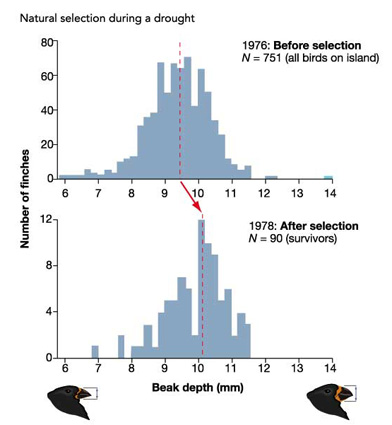
While Darwin contemplated the outcomes of artificial selection on horses, pigeons, roses, and livestock, he also by analogy he conceived of nature selecting for slight changes in form and function over time as subsequent generations varied ever so slightly but definitively from their parents.
3.2 One Long Argument, Ernst Mayr
1 periods | 2 roots of change | 3 selection | 4 argument | 5 environment | 6 humanity | 7 genes | 8 quantum
4. The Environment as arbiter, stage or collaborator?
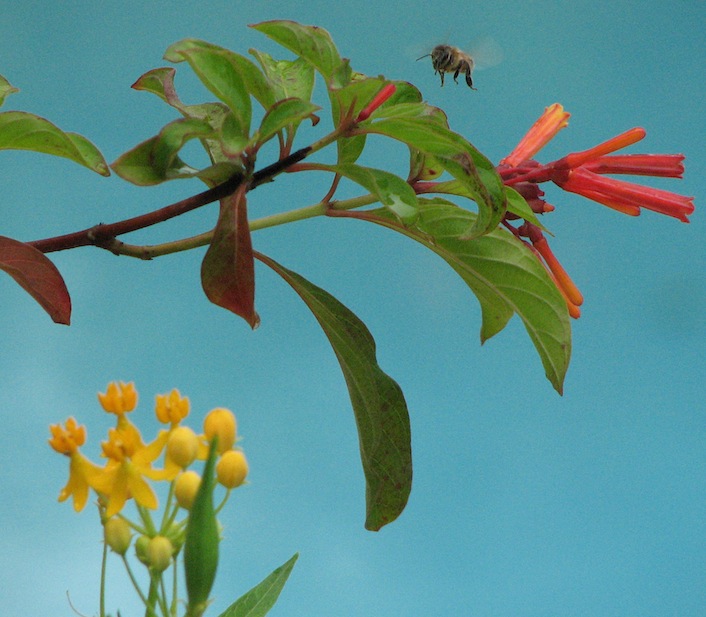
1 periods | 2 roots of change | 3 selection | 4 argument | 5 environment | 6 humanity | 7 genes | 8 quantum
6. The human place in the natural order.
7. Genetics ![]()
![]()
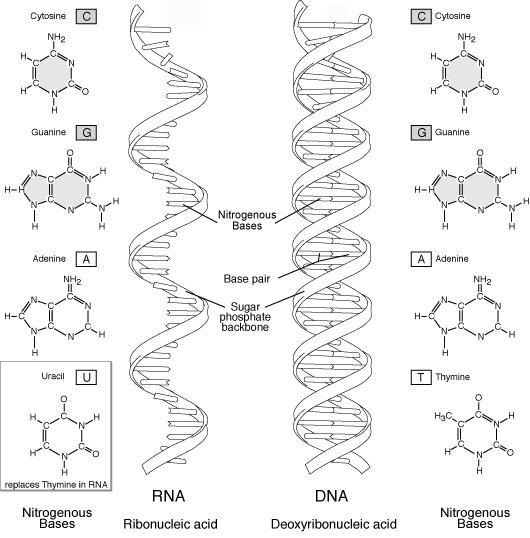
1 periods | 2 roots of change | 3 selection | 4 argument | 5 environment | 6 humanity | 7 genes | 8 quantum
8. The impossibility of quantum relativity and quantum biology?
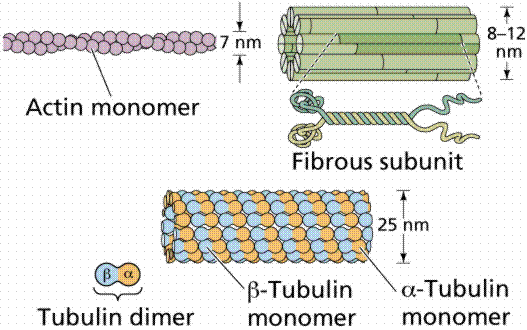
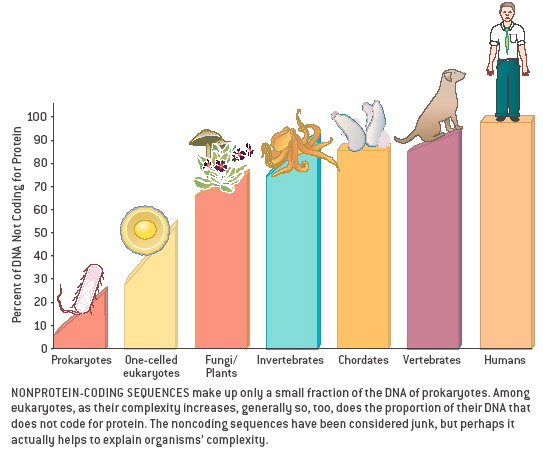
1 periods | 2 roots of change | 3 selection | 4 argument | 5 environment | 6 humanity | 7 genes | 8 quantum